Reporter of Vietnam Women's Newspaper had an interview with Mr. Ngo Huu Tuong - Vice Chairman of Tang Loong Commune People's Committee about the above topic.
PV: Sir, why did Tang Loong choose the goal of "Everyone is literate" as the starting point for the digital transformation movement in the locality?
Mr. Ngo Huu Tuong: We clearly identify that digital transformation is not just about equipping technology, but at its core is transforming human awareness and capacity. When people are illiterate, it is very difficult for them to access information, use smartphones or participate in online public services. Therefore, eliminating illiteracy is the fundamental step, the "key" to open the door to knowledge, helping people integrate into modern life.
Since its launch, we have thoroughly implemented the spirit of "leaving no one behind", meaning that whether in mountainous or remote areas, or past school age, everyone has the opportunity to learn to read and write, learn basic digital skills to serve life.
Reporter: In the past time, what specific activities has the Commune People's Committee implemented to realize this goal, sir?
Mr. Ngo Huu Tuong: Right from the beginning of the year, the commune coordinated with Tang Loong Primary School and villages to conduct a survey, make a list of illiterate people, then opened phase 1 literacy classes at convenient school locations, typically the class in Trat 1 village.
The good news is that the people responded very positively. Even though they were busy making a living during the day, they still came to class regularly at night. The learning atmosphere in the classes was very lively and close, bringing the feeling of "returning to childhood".
In particular, in the curriculum, we instruct schools to integrate content on smartphone usage skills, Internet access, and online public service registration. Thanks to that, students not only know how to read and write, but also know how to look up information, submit applications online, and connect with the government via digital platforms.
It can be said that this is an approach that is both suitable for local realities and helps people gradually participate in the digital transformation process in a natural and sustainable way.
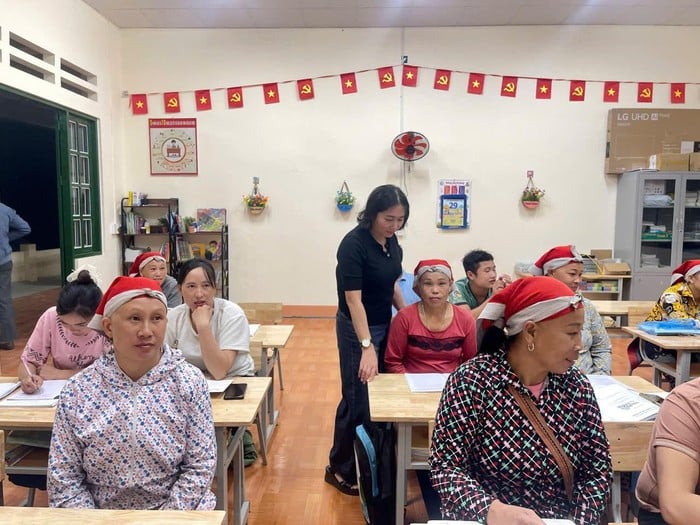
Ethnic minority women attend literacy classes
Reporter: Recently, the People's Council delegation came to inspect and supervise the literacy class. How do you evaluate the learning spirit of the people and the participation of the teaching staff?
Mr. Ngo Huu Tuong: We were really touched. Many students were over 40, 50 years old, some were even the breadwinners of their families, but still diligently went to class every night. They said that "knowing how to read and write means knowing the way", it was an opportunity to change their lives and help their children and grandchildren study better.
As for the teachers, they are all very dedicated. They not only teach letters but also teach how to be a good person and how to approach technology. The teaching methods are also flexibly adjusted to suit the age and level of the students. It is this dedication that helps the class become closer, easier to understand, and brings very positive results.
The working group of the Commune People's Council, when coming to supervise, also highly appreciated the spirit of learning and the close coordination between the school, the government and the people. This is a model worth replicating in the whole commune.
PV: During the implementation process, there must still be many difficulties. Could you share more about the obstacles and how the commune has overcome them?
Mr. Ngo Huu Tuong: The biggest difficulty is time and initial awareness of the people. Many people used to think "I'm old, why learn to read and write", so we had to persistently propagate and mobilize each household. Commune officials, teachers, and village chiefs had to directly go to homes to mobilize and explain the specific benefits - that literacy is not only for reading and writing, but also for reading medicine instructions, looking up information, using smartphones, receiving support through bank accounts, etc.
In addition, the physical conditions at the village school, especially at night, are limited. We have mobilized socialization and encouraged local businesses to support desks, chairs, study lamps, fans, and even drinking water for the classroom. Thanks to that consensus, the classroom is maintained stably and increasingly attracts more participants.
PV: It is known that the literacy class in Trat 1 village is also linked to the goal of digital transformation at the grassroots level. Can you share more about this direction?
Mr. Ngo Huu Tuong: That's right. The class not only teaches letters but also guides basic digital skills such as: turning on and off Wi-Fi, using Zalo, looking up administrative information, sending photos, videos , or accessing the public service portal of Lao Cai province.
This is the first step to help people get used to the digital environment, preparing for the implementation of "digital citizen" and "digital village" models later. Our goal is: people are not only literate but also know how to use technology to serve their lives - from submitting documents online, looking up medical information , to connecting to consume agricultural products online.
PV: In the coming time, what will the People's Committee of Tang Loong commune do to maintain and replicate the achieved results?
Mr. Ngo Huu Tuong: We will continue to replicate the literacy class model in other villages, and coordinate with the Department of Culture and Society to organize digital skills training for people, especially ethnic minorities.
We also set a target that by 2025–2027, 100% of people of school age will be able to read and write, and at least 80% of households will be able to use online public services. We believe that when people are equipped with knowledge and skills, digital transformation will no longer be a distant concept, but will become a natural need in daily life.
PV: Thank you!
Source: https://phunuvietnam.vn/xoa-mu-chu-de-lan-toa-hanh-trinh-chuyen-doi-so-den-tung-nguoi-dan-202511061618273.htm




![[Photo] Prime Minister Pham Minh Chinh receives the delegation of the Semiconductor Manufacturing International (SEMI)](https://vphoto.vietnam.vn/thumb/1200x675/vietnam/resource/IMAGE/2025/11/06/1762434628831_dsc-0219-jpg.webp)


![[Photo] Closing of the 14th Conference of the 13th Party Central Committee](https://vphoto.vietnam.vn/thumb/1200x675/vietnam/resource/IMAGE/2025/11/06/1762404919012_a1-bnd-5975-5183-jpg.webp)


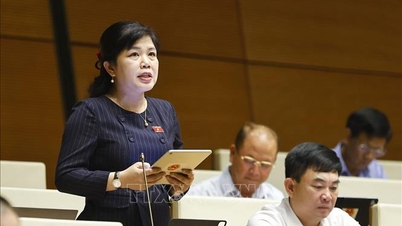



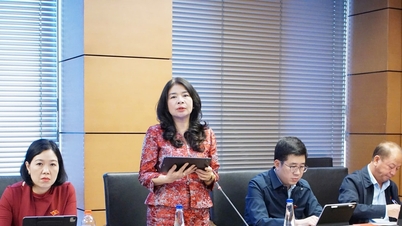








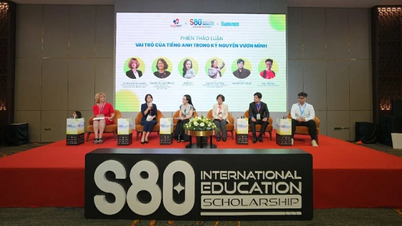

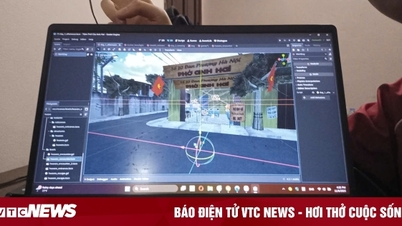

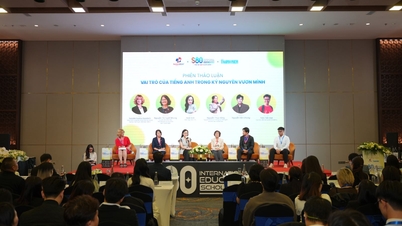
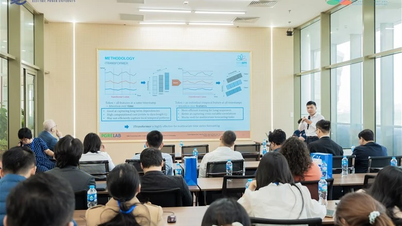




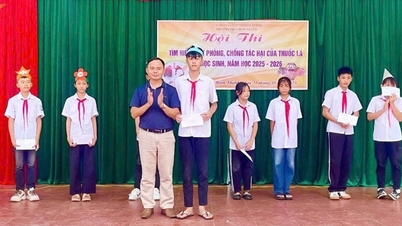
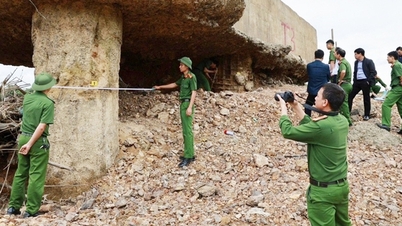


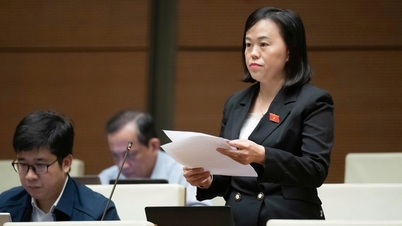
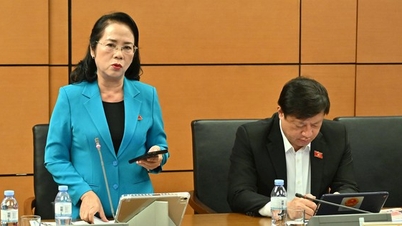


































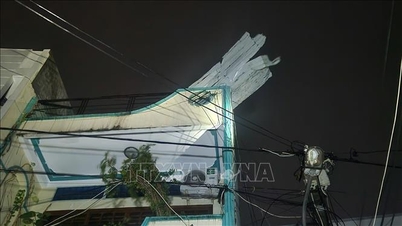
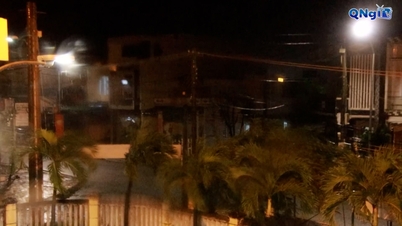



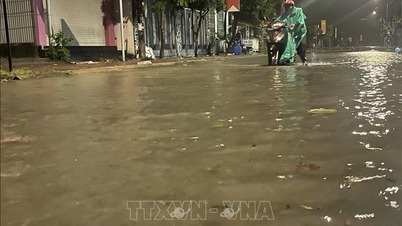

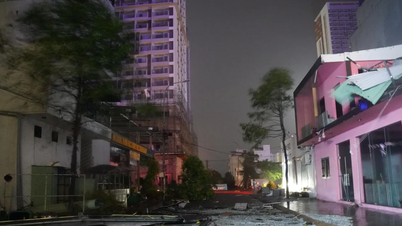










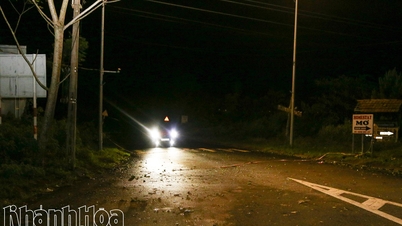

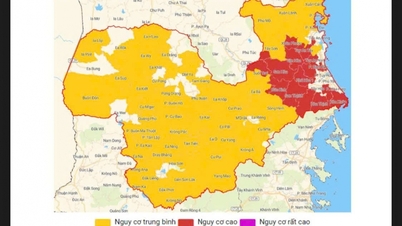

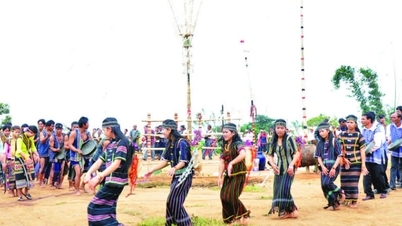

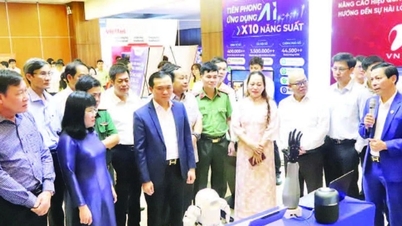
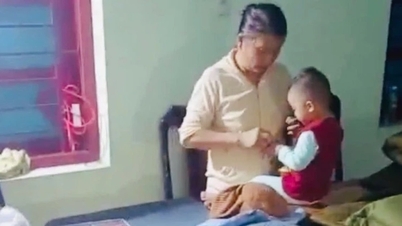
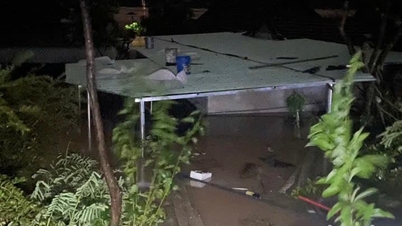















Comment (0)